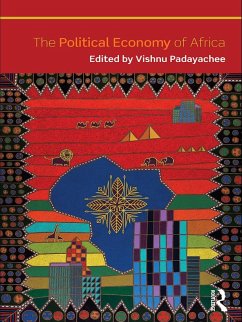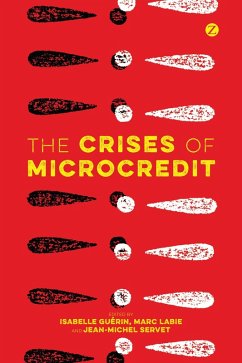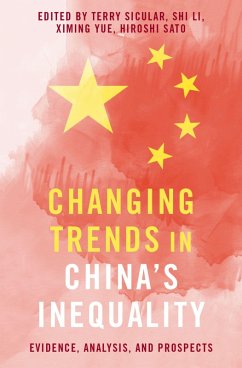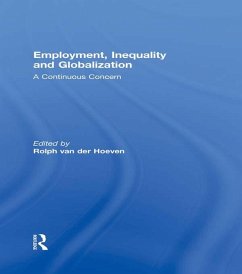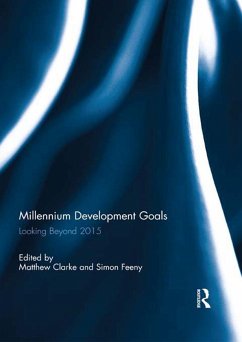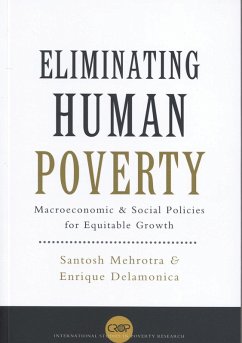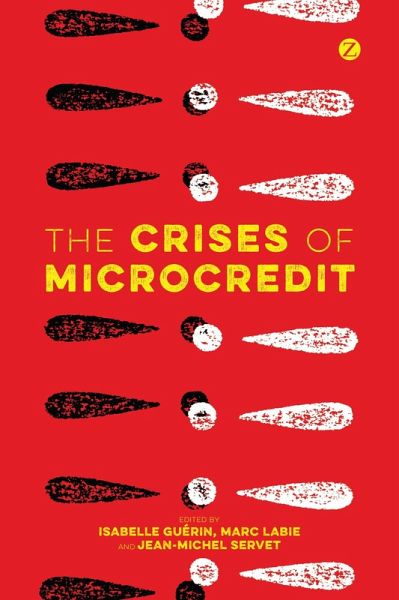
The Crises of Microcredit (eBook, ePUB)
Versandkostenfrei!
Sofort per Download lieferbar
70,95 €
inkl. MwSt.
Weitere Ausgaben:

PAYBACK Punkte
35 °P sammeln!
Microcredit programmes, long considered efficient development tools, now face unprecedented crises in a number of countries. Is this the end of microcredit or rather an essential step in its expansion? Should we stop microcredit altogether or rethink the way it is implemented? Drawing on extensive empirical research conducted in various parts of the world - from Morocco to Senegal to India - this important volume examines the whole chain of microcredit to provide the answers to these questions. In doing so, the authors highlight the diversity of crises, both in intensity and in nature, while a...
Microcredit programmes, long considered efficient development tools, now face unprecedented crises in a number of countries. Is this the end of microcredit or rather an essential step in its expansion? Should we stop microcredit altogether or rethink the way it is implemented? Drawing on extensive empirical research conducted in various parts of the world - from Morocco to Senegal to India - this important volume examines the whole chain of microcredit to provide the answers to these questions. In doing so, the authors highlight the diversity of crises, both in intensity and in nature, while also shedding light on a diversity of causes, be it microcredit organizations unprepared for massive growth, saturated local economies or greedy investors and shareholders attracted by profits. Crucially, the authors demonstrate that microcredit is not a monolithic project, and the crises should also be analysed in the light of national histories and policies. An original and necessary intervention in what has become one of the most contentious topics within the development world.






